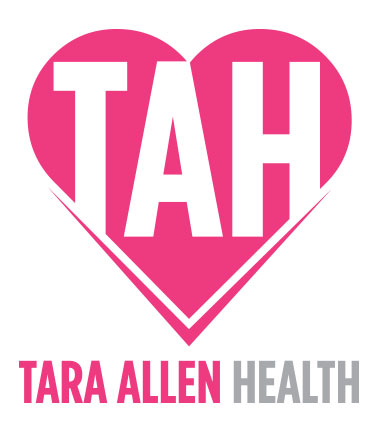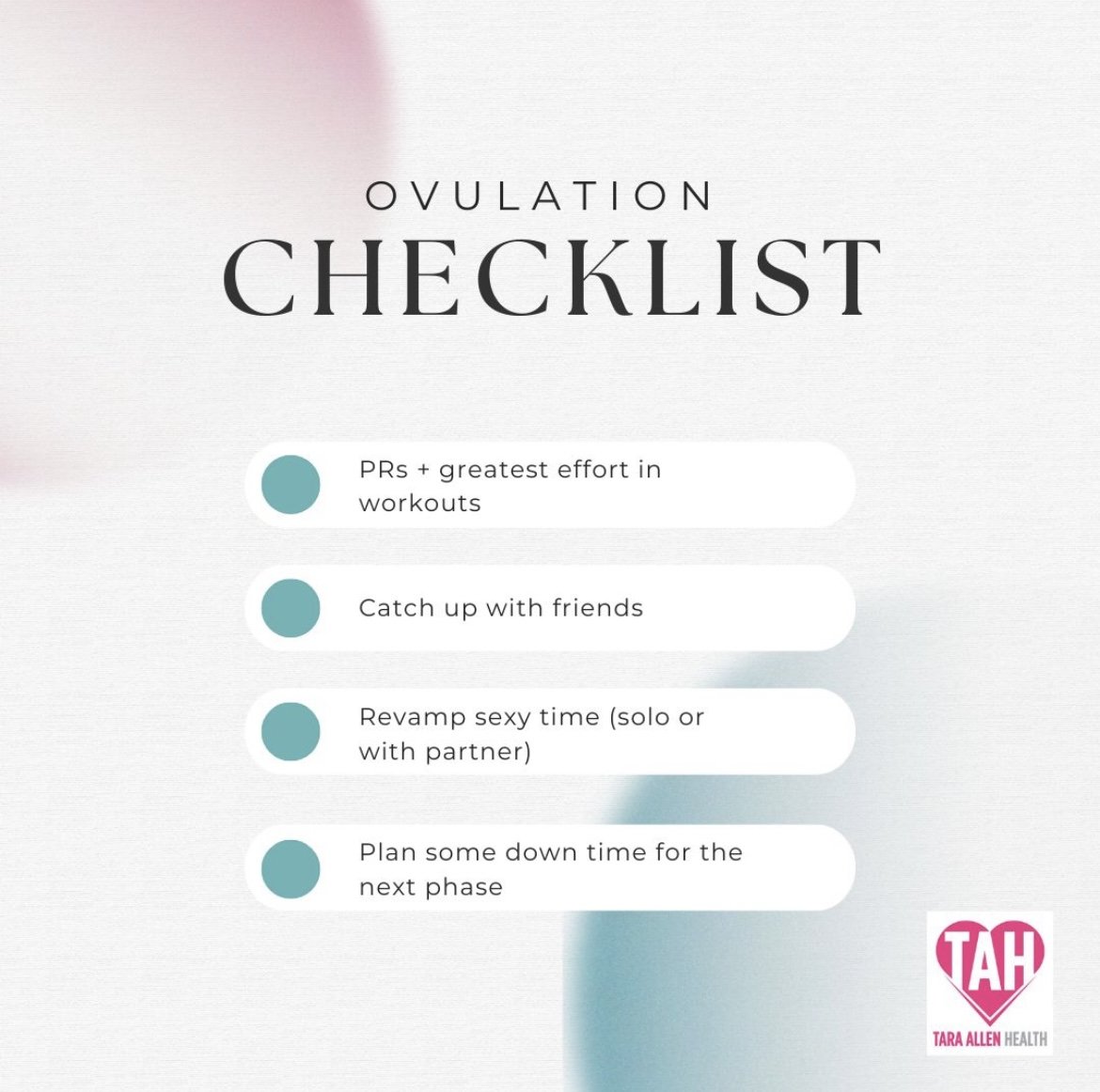I haven’t fallen off. Workouts are very consistent, daily walks are happening, meals are balanced ... the basics are solid. Still… the spark felt a little dim. Energy not as bright, home a lil extra cluttered, outfits on autopilot. And since we get to reinvent ourselves whenever the heck we want, I decided it's time for a mini glow-up. Not a full overhaul, just a deliberate tune-up that raises my baseline (and NOT my stress).
Our body listens to signals. Morning light sets our clock. Protein + fiber + fat steadies appetite and mood. Strength training keeps muscle + insulin sensitivity high. A tidy corner tells your brain you’re safe. These aren’t trends… they’re levers. If you stack the right ones, everything gets easier (meals, sleep, patience, fat loss).
You do you, but I’m focusing on four lanes right now… energy, body, home, joy.
Energy means a sunrise walk and a couple of dance breaks to break up extended sitting. Body means 30 to 40 grams of protein at every meal, progressing in my strength workouts and being on top of my lymphedema management protocols. Home means one 5-minute declutter zone a few times a week so the environment supports focus. Joy means low-effort fun that brightens THIS week, not someday. It could be planning a fun outing, a date night or simply being ridiculous and silly and spontaneous in my day with my people. I’ve also been 'shopping my closet' lately and rotating jeans, skirts / dresses, non-jean pants, and comfy athleisure sets. Adding jewelry, hat, a quick hair styling, layers, whatever feels right for that day. No giant haul needed… just better outfits from what I already own. And sometimes worse outfits that are probably
"cringe" just for a change of pace. HAHA.
Run this with me for the next two weeks. Keep your training. Tighten the effort. Drop the extras that don’t move the needle. High standards are not pressure… they are clarity. Less decision fatigue, more follow-through. Confidence comes from reps.
I’ll show the real-life version in Instagram stories … meals, walks, lifts, tiny home edits, outfits straight from my closet. Come watch and steal what helps.
If you want extra momentum, make a real decision with me this month. Stop being the person who just collects freebies and screenshots of lists and "hacks". Choose proximity on purpose. Put yourself in a room where the standard is higher and the plan is clear. That is how I move faster when I want change… I invest, I get coached, or I stand next to women who are moving in the same direction I'm going in.
Step inside The Metabolic Edge and get the whole thing… structured workouts you can follow, simple meal guides, coaching + live workshops, and a community of women who truly support one another. For November we’re also running the Cold Walk Club as a mini challenge inside the bigger program. It’s just one powerful layer that builds momentum fast. If you’re ready to stop dabbling and start to back yourself for real, you need decision. And action.
You’re not starting over. You’re sharpening what already works… and you’re going to feel the difference fast.
XO,
Tara









